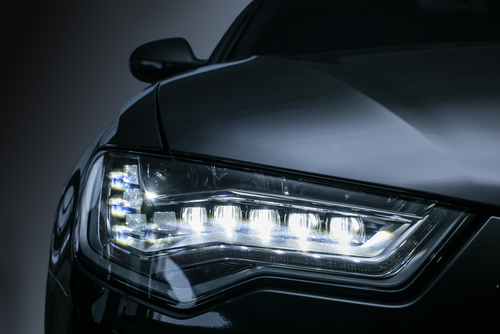Understanding the Mechanics: Why European Cars Pose Unique Challenges for DIY Enthusiasts

When it comes to working on cars as a do-it-yourself enthusiast, there are certain challenges that come with working on European cars. European cars are known for their advanced engineering, precision craftsmanship, and high performance. This can make working on them more complex and challenging for those who are used to working on American or Asian cars. In this blog post, we will explore some of the unique challenges that European cars pose for DIY enthusiasts and why they require a different set of skills and tools.
Understanding the Complexity of European Cars
One of the main challenges of working on European cars is their complexity. European cars are known for their intricate and sophisticated designs, which can make diagnosing and fixing problems more difficult. They often feature advanced technology, such as turbocharged engines, electronic stability control systems, and intricate suspension setups. This means that working on European cars requires a deep understanding of automotive engineering and the ability to troubleshoot complex issues.
Additionally, European cars tend to have more specialized parts and components than American or Asian cars. This means that DIY enthusiasts may need to invest in specific tools and equipment to work on European cars effectively. For example, European cars often use metric fasteners instead of the standard imperial fasteners used in American cars. This means that DIY enthusiasts will need to have a set of metric wrenches and sockets in order to work on European cars.
Another factor to consider when working on European cars is the availability of parts. European cars are less common in the United States compared to American and Asian cars, which can make it more difficult to find replacement parts. This means that DIY enthusiasts may need to order parts online or visit specialty stores in order to find the parts they need to fix their European car.
Understanding the Importance of Maintenance and Service
European cars also tend to have stricter maintenance requirements compared to American or Asian cars. European cars often require more frequent oil changes, fluid flushes, and belt replacements in order to maintain optimal performance. Failing to adhere to these maintenance schedules can lead to costly repairs down the line.
In addition, European cars often require specialized service and maintenance procedures that may not be familiar to DIY enthusiasts. For example, many European cars have complex computer systems that need to be reprogrammed or calibrated after certain repairs. This can require specialized diagnostic equipment and expertise that may be beyond the scope of a DIY enthusiast.
It is also important to note that European cars often have unique quirks and idiosyncrasies that can make them more challenging to work on. For example, some European cars have engine components that are located in hard-to-reach places, making it difficult to perform routine maintenance tasks. Additionally, European cars may have unique service intervals or procedures that must be followed in order to ensure proper functioning.
Understanding the Importance of Proper Training and Expertise
In order to effectively work on European cars, DIY enthusiasts may need to invest in proper training and education. European cars require a different set of skills and knowledge compared to American or Asian cars, so it is important to have a solid understanding of automotive engineering principles and diagnostic techniques.
Additionally, European cars often require specialized tools and equipment in order to perform certain repairs and maintenance tasks. This means that DIY enthusiasts may need to invest in a set of metric wrenches, sockets, and diagnostic equipment in order to work on European cars effectively.
It is also important to note that working on European cars requires patience and attention to detail. European cars are known for their precision craftsmanship, so it is important to take your time and ensure that repairs are done correctly. Rushing through a repair on a European car can lead to costly mistakes and further damage to the vehicle.
Summary
Working on European cars as a DIY enthusiast can be a rewarding and challenging experience. European cars are known for their advanced engineering, precision craftsmanship, and high performance, which can make them more complex to work on compared to American or Asian cars. Understanding the unique challenges that European cars pose and investing in proper training, tools, and expertise can help DIY enthusiasts successfully maintain and repair their European cars.
